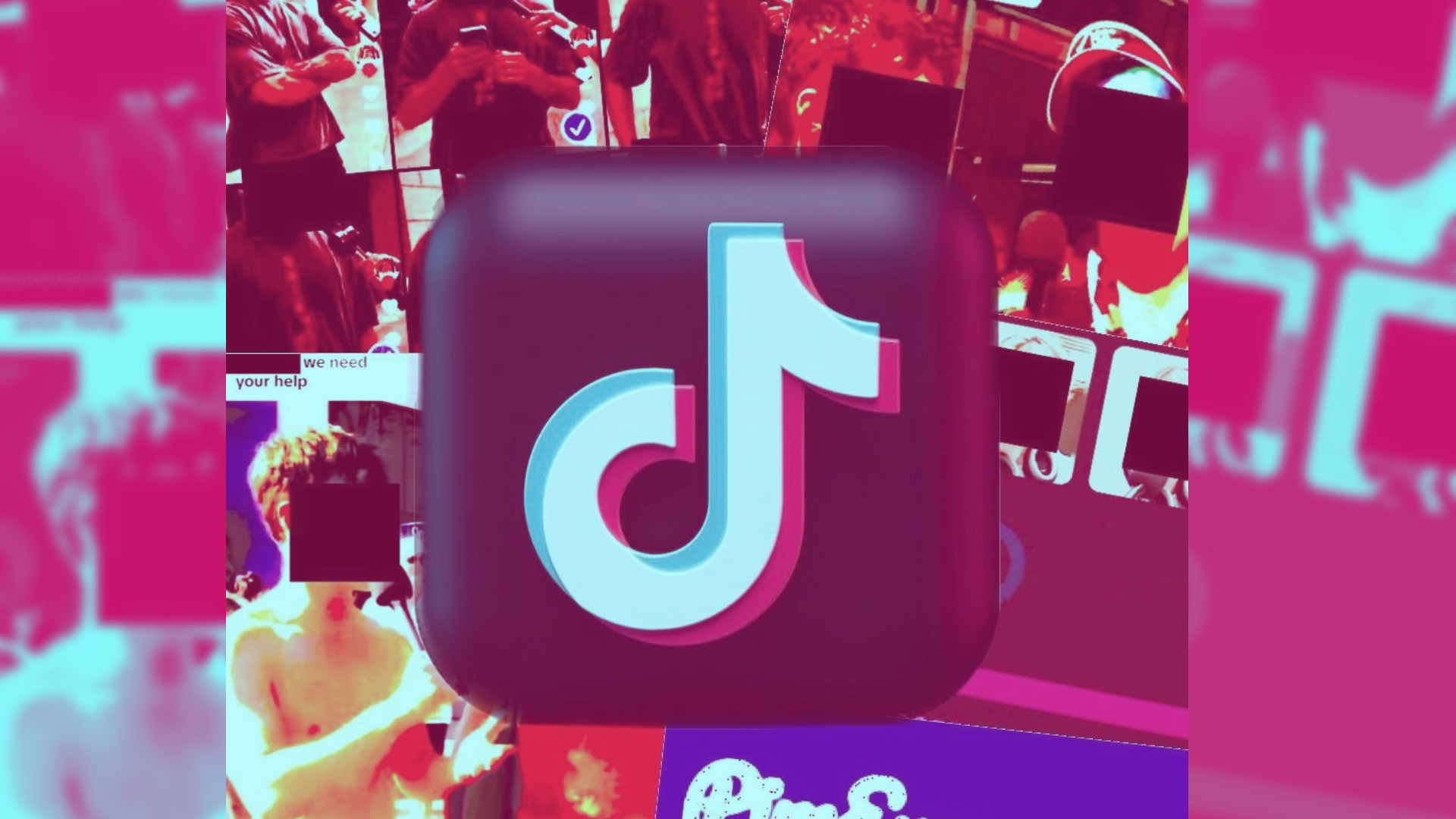A viral Taylor Swift fan TikTok account that was using off-the-shelf facial recognition tech to unmask ordinary people to its millions of viewers without consent has deleted its dozens of videos after 404 Media covered the account last week.
It is not exactly clear why the account owner deleted the videos, but it appears this was a decision by the user and not a TikTok content moderation decision. TikTok previously told 404 Media the account did not violate the social network’s terms because it believed the account was only using public information. This was despite one content moderation expert pointing to TikTok’s own anti-doxing policy, and how this kind of disclosure raises the risk of harm against targeted people.
The videos’ removal highlights that in an age where now anyone can use powerful facial recognition technology on whoever they decide to, social media networks are not necessarily the entities that are going to stop abuse of such tech. Instead, it may be up to journalists, civil society, and platform users themselves to engage on what might become the cultural norm around this practice.
“I'm definitely glad the video of me and others has been taken down!” Matthew, one of the victims of the account, told 404 Media on Monday. “I'm guessing they got a taste of their own medicine and didn't like being in the spotlight against their wishes,” he added, referring to the account owner.

